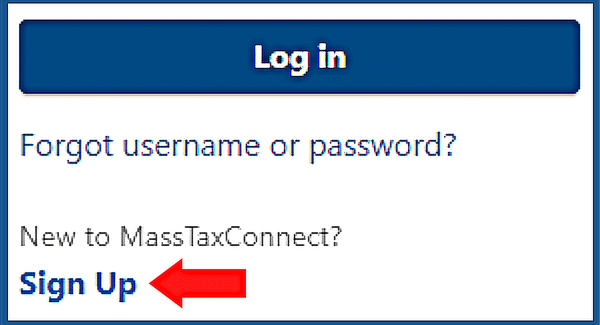The following is provided for general information purposes only. It has been compiled from non-DOR sources and DOR does not certify that the information is complete.
Please see Publication 926, Household Employer’s Tax Guide, for more detailed federal information.
At the federal level, there are 3 taxes that you may be responsible for paying:
- Social Security and Medicare taxes
- Federal unemployment tax
- Federal income tax withholding
Social Security and Medicare taxes (FICA taxes)
The Social Security tax pays for old age, survivors, and disability benefits. The Medicare tax pays for hospital insurance.
If you pay cash wages of $2,100 or more to any household employee in a year, then you need to withhold and pay Social Security and Medicare taxes.
Cash wages include wages you pay by check, money order, etc.
Cash wages exclude the value of food, lodging, clothing, and other noncash items you give your household employee. However, cash you give your employee in place of these excluded items is included in cash wages.
Generally, don't count wages you pay to:
- Your spouse
- Your child under age 21
- Your parent
- Any employee under the age of 18 at any time during the tax year
The taxes for you (employer) and your employee are 7.65% (6.2% for Social Security tax and 1.45% for Medicare tax) each.
You're responsible for paying your employee's share of the taxes as well as your own. You can either withhold your employee's share from the employee's wages, or pay it from your own funds.
If you prefer to pay your employee’s social security and Medicare taxes from your own funds, don’t withhold them from your employee’s wages; they must be included in the employee’s wages for income tax purposes. However, they are not counted as Social Security and Medicare wages or as federal unemployment wages.
Federal unemployment tax (FUTA)
FUTA taxes pay unemployment compensation to workers who lose their jobs. If you pay total cash wages of $1,000 or more in any quarter in the current or previous calendar year for all household employees, then you need to pay federal unemployment tax (FUTA).
Don't count wages you pay to:
- Your spouse
- Your child under age 21, or
- Your parent
A calendar quarter is:
- January through March
- April through June
- July through September, or
- October through December
The federal unemployment tax is 6% of your employee's FUTA wages. The tax applies to the first $7,000 you pay each employee as wages during the year. However, you may be able to take a credit of up to 5.4% against the FUTA tax if you pay your state unemployment tax contributions on time, resulting in a net FUTA tax of 0.6%.
Don't withhold FUTA taxes from your employee's wages. You must pay the FUTA tax from your own funds.
Federal income tax withholding
Federal income tax withholding is not required for a household employee, but may be paid if the employee requests it and you agree. If you and your employee both agree to federal income tax withholding, the employee must give you a completed U.S. Form W-4, Employee's Withholding Allowance Certificate.
Base the amount of income tax withholding on your employee's marital status and withholding allowances as shown on their Form W-4. You must also get your employee's Social Security number (SSN) from them. If your employee doesn't have a Social Security number, they can get one by completing the U.S. Form SS-5, Application for a Social Security Card.
If your household employee doesn't request federal income tax withholding, they should be aware that they may have to make federal estimated tax payments. For more information on making estimated tax payments, see U.S. Form 1040-ES, Estimated Tax for Individuals.
See U.S. Publication 15, Circular E, Employer's Tax Guide, for more information about federal income tax withholding and for the current federal income tax withholding tables. You can also get this guide by calling the IRS at (800) 829-3676.
Paying federal employment taxes
If you pay Social Security and Medicare taxes, FUTA and/or federal income tax withholding, you first need to get an Employer Identification Number (EIN), which you can apply for online by going to IRS.gov/EIN. You may also apply for an EIN by mailing or faxing Form SS-4 to the IRS.
You can usually pay all the federal employment taxes for a household employee by filing and attaching U.S. Schedule H, Household Employment Taxes, to your U.S. Form 1040.
You also need to:
- File a U.S. Form W-2, Wage and Tax Statement, for each household employee you pay taxable wages to.
- Complete the Form W-2 and give copies B, C and 2 to your employee by January 31 of the following calendar year.
- Send Form W-2 (Copy A) with U.S. Form W-3, Transmittal of Wage and Tax Statements, to the Social Security Administration by February 28 of the following year.
For more information about federal tax return requirements for household help, call the IRS at (800) 829-1040. If you need more forms, instructions or publications, call the IRS at (800) 829-3676 or visit their website.
